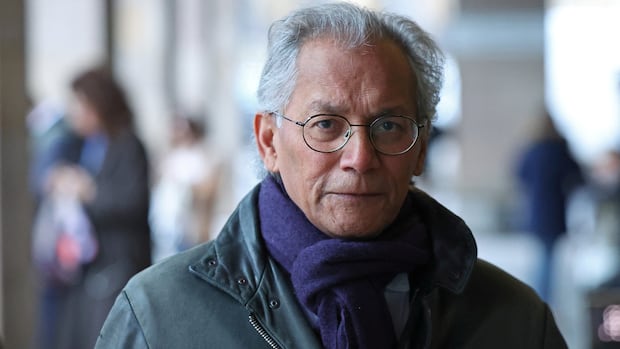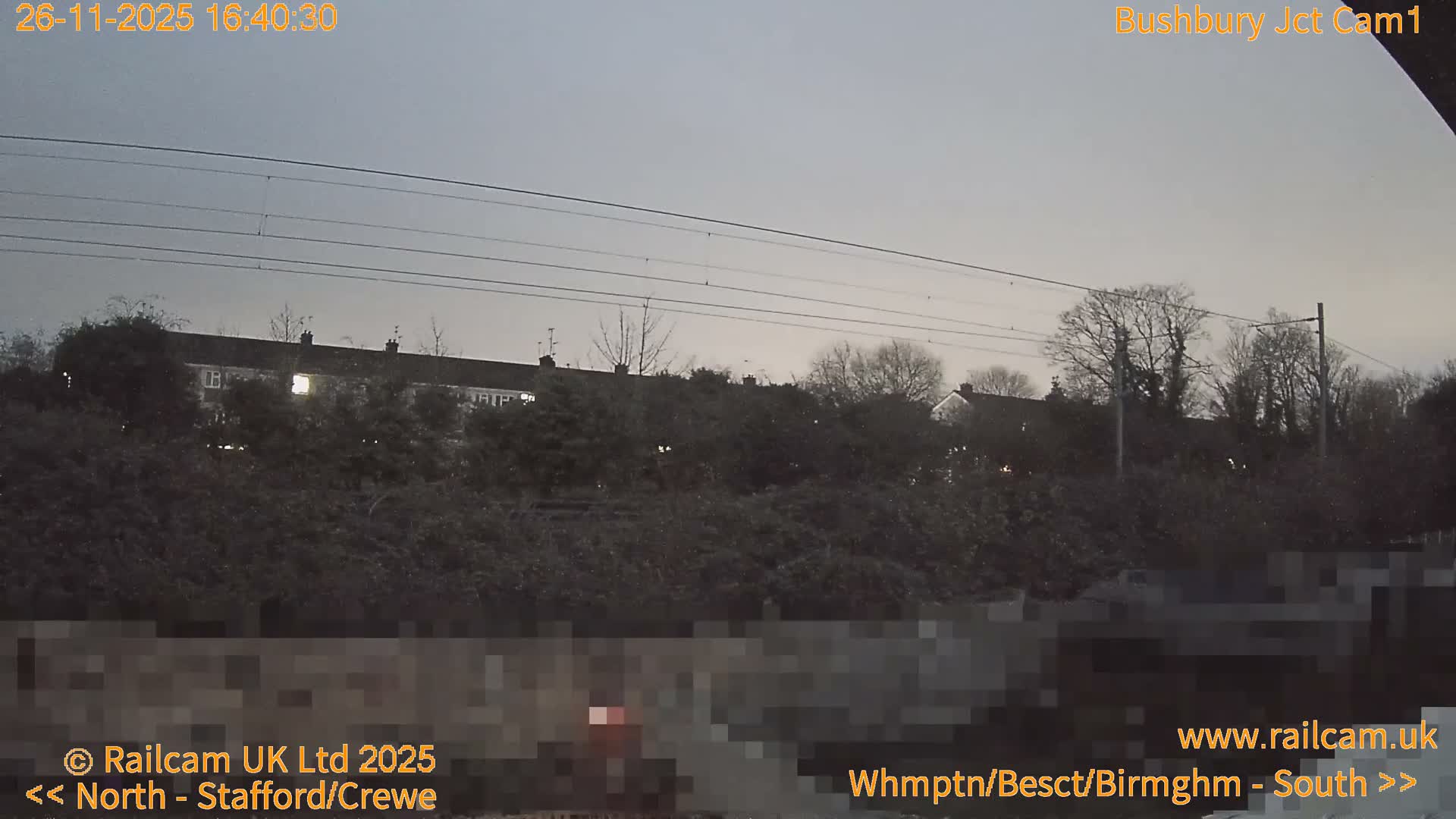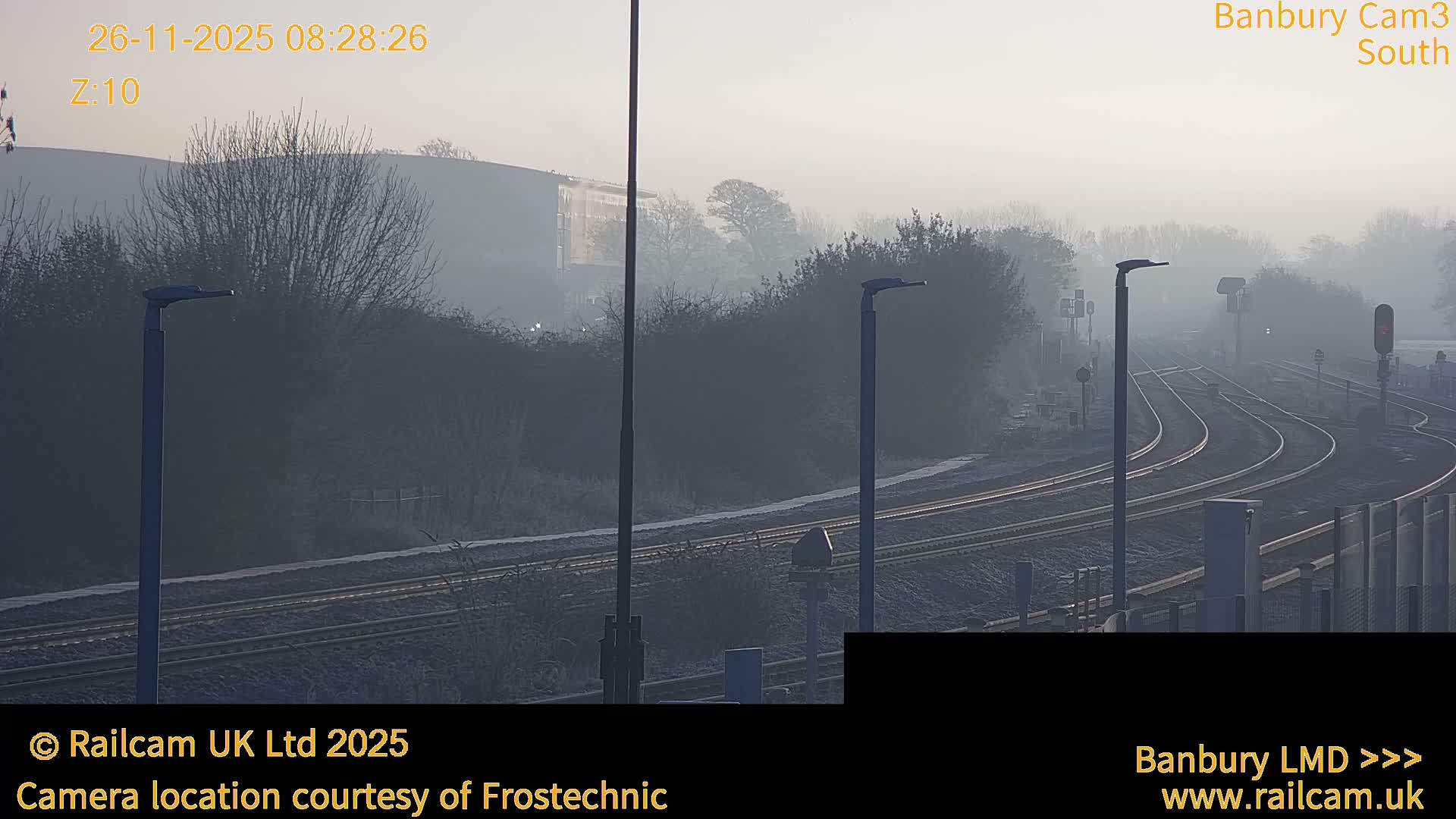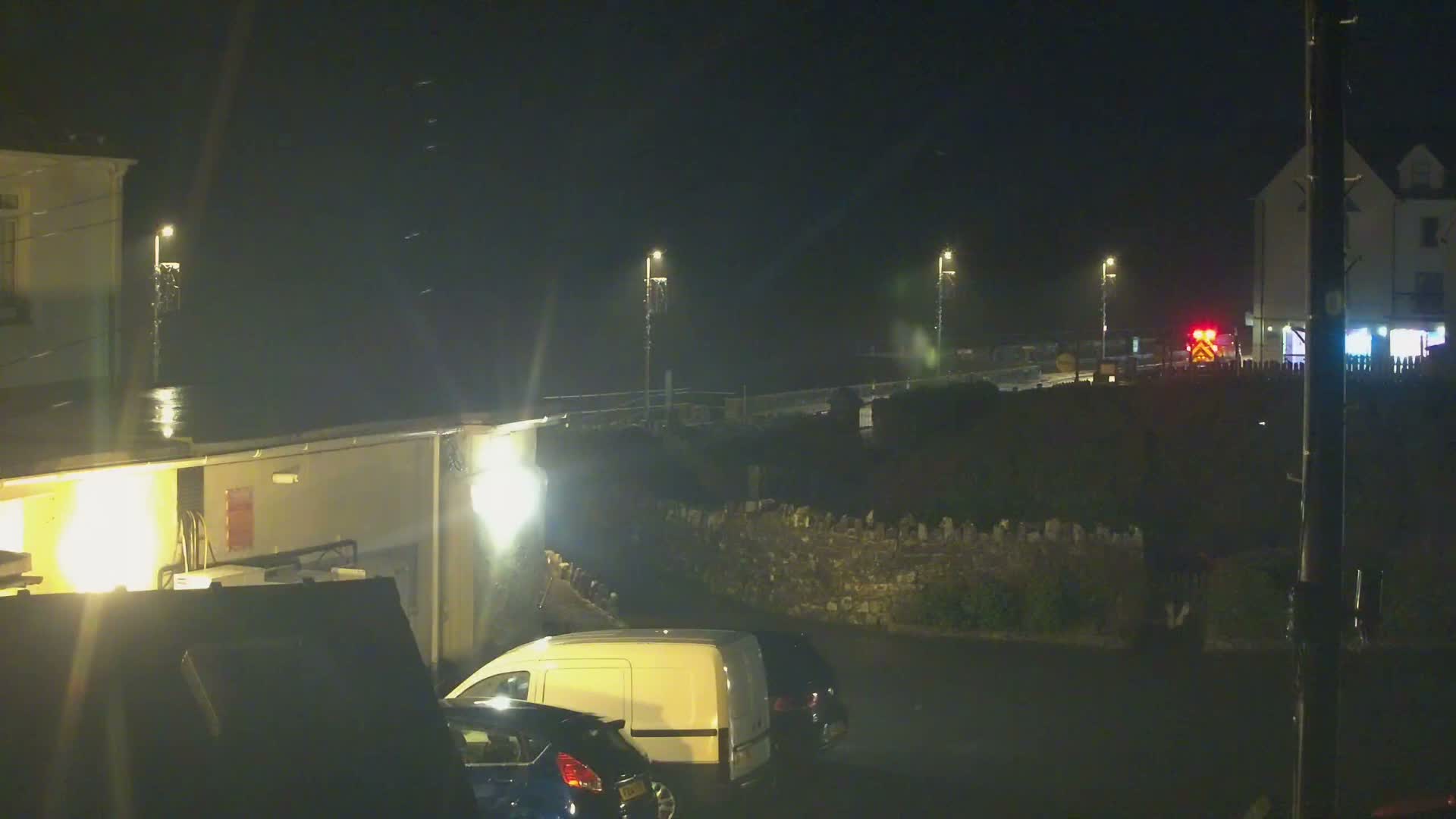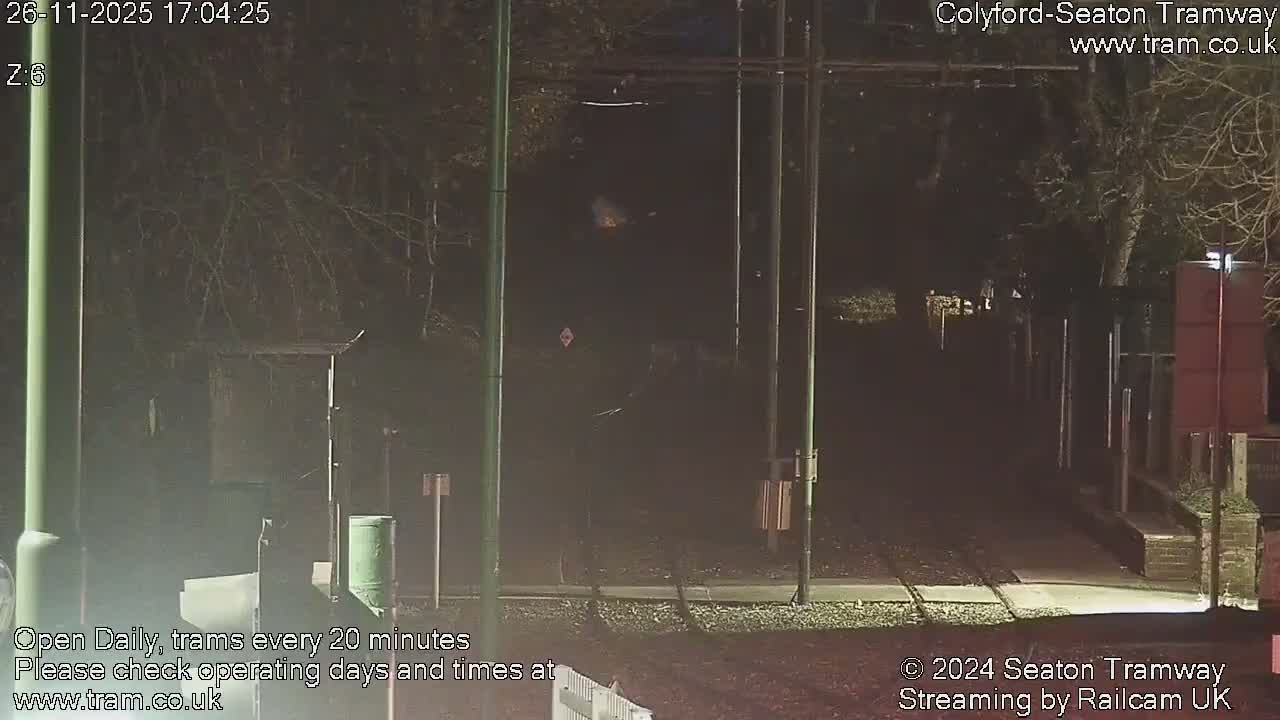BBC Chairman Grilled: Slow Response to Trump Speech Edit Sparks Bias Controversy
The British Broadcasting Corporation (BBC) is facing intense scrutiny, with its chairman, Samir Shah, conceding on Monday that the public broadcaster reacted too slowly to accusations of bias. These allegations stem from a misleadingly edited segment of a speech by former U.S. President Donald Trump. Shah, however, vehemently denied claims that the corporation's fundamental impartiality was being compromised by internal board members.
This admission came during a rigorous questioning session by the U.K. Parliament's Culture, Media and Sport Committee. The BBC finds itself embroiled in a significant crisis, marked by the recent resignations of its director general and head of news, alongside a looming billion-dollar lawsuit threat from Trump himself.
The Trump Documentary & Misleading Edit
Trump’s outrage, which also sparked considerable public debate, erupted after an internal memo, penned by a former external adviser, was leaked to the British press. This critical document highlighted instances of alleged biased reporting, specifically regarding a documentary about Trump aired shortly before the 2024 U.S. presidential election. It also scrutinized other BBC coverage, including its positions on transgender issues, the Gaza conflict, and race.
Chairman Shah stated emphatically that the BBC ought to have addressed these concerns with far greater speed. The documentary in question, titled Trump: A Second Chance?, was produced by a third-party company. It controversially combined three distinct quotes from a speech Trump delivered on January 6, 2021, presenting them as a single, continuous statement. This edit created the false impression that Trump was directly urging his supporters to "fight like hell" and march with him, making it appear as if he was encouraging the storming of the U.S. Capitol as Congress prepared to certify Joe Biden's 2020 election victory. Shah has since acknowledged that the documentary "gave the impression of a direct call for violent action."
Internal Criticisms and "Systemic" Issues
Michael Prescott, the former BBC adviser whose leaked memo ignited this controversy, articulated his belief in "systemic" issues within the BBC's operational responses, though he refrained from labeling it "institutionally biased." Prescott criticized the broadcaster's tardiness, questioning, "why do we take so much time? We should have pursued it to the end and got to the bottom of it, and not wait, as we did, till it became public discourse."
Last week, the BBC had already sent a letter to the White House, with Shah expressing regret for the speech edit. Nevertheless, the broadcaster firmly asserted that it had not defamed Trump and rejected the legal basis for his threatened lawsuit.
Political Interference Allegations and Leadership Turmoil
The parliamentary session also delved into allegations of political interference, particularly concerning board member Robbie Gibb. Gibb, a non-executive director, previously served as director of communications for former Prime Minister Theresa May's Conservative government. Critics accuse Gibb of exhibiting pro-Conservative Party bias and exerting undue political influence within the BBC. Gibb defended himself, stating, "I think I've become weaponized in terms of how I'm perceived."
Shah dismissed claims of an internal "coup" leading to the resignations of senior news figures as "complete nonsense." Adding to the leadership turmoil, another BBC board member, Shumeet Banerji, also announced his departure last week citing "governance issues." When questioned about his own future, Shah reiterated his commitment to "steer the ship" and focus on appointing a new director general.
BBC's "Blind Spot" and Future Challenges
Prescott, the author of the internal note, emphasized the BBC's "blind spot" regarding editorial failings, describing the corporation as defensive and dismissive of criticism. His memo, published by The Daily Telegraph in early November, had also raised concerns about a perceived left-leaning bias, including allegations of reporters promoting a pro-trans agenda and anti-Israel bias in the BBC's Arabic service.
The BBC, a 103-year-old national institution funded by a mandatory annual license fee, operates under a strict charter demanding impartiality. This status subjects it to far greater scrutiny than its commercial counterparts. Legal experts suggest that Trump's proposed lawsuit against the BBC in the U.K. or U.S. would likely face significant hurdles, partly because he was ultimately elected president in 2024, potentially weakening claims of harm.

